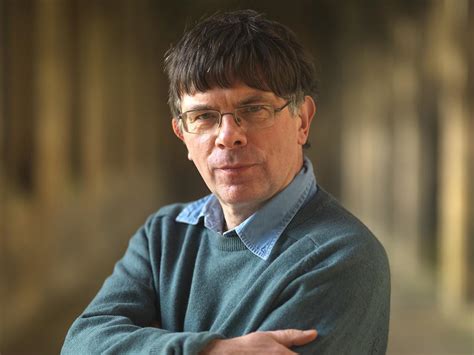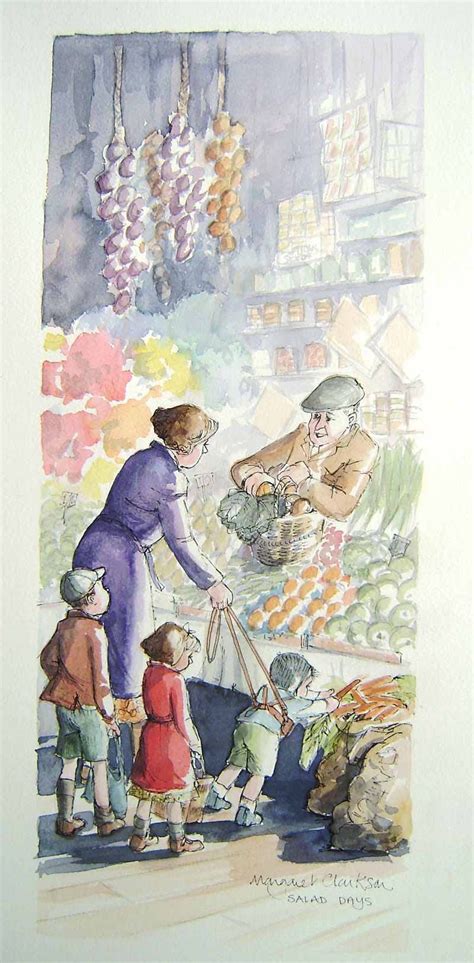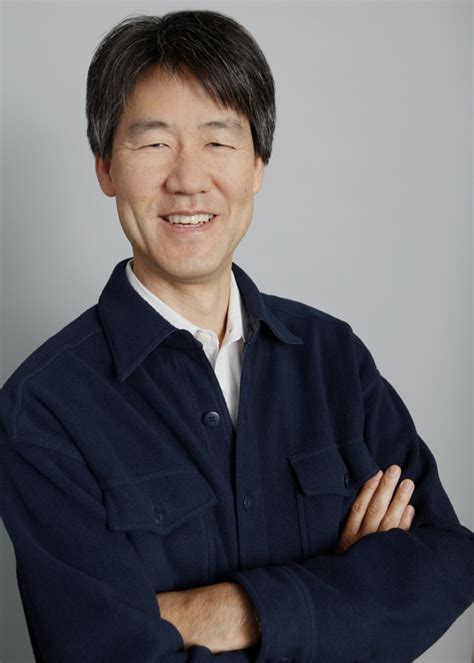A Quote by Simon Conway Morris
It is my opinion that human history can make no sense unless evil doings are recognized for what they are, and that they are bearable only if somehow they may be redeemed.
Related Quotes
Evil denotes the lack of good. Not every absence of good is an evil, for absence may be taken either in a purely negative or in aprivative sense. Mere negation does not display the character of evil, otherwise nonexistents would be evil and moreover, a thing would be evil for not possessing the goodness of something else, which would mean that man is bad for not having the strength of a lion or the speed of a wild goat. But what is evil is privation; in this sense blindness means the privation of sight.
In my humble opinion, non-cooperation with evil is as much a duty as is cooperation with good. But in the past, non-cooperation has been deliberately expressed in violence to the evildoer. I am endeavoring to show my countrymen that violent non-cooperation only multiplies evil and that evil can only be sustained by violence. Withdrawal of support of evil requires complete abstention from violence. Non-violence implies voluntary submission to the penalty for non-cooperation with evil.
By experience; by a sense of human frailty; by a perception of "the soul of goodness in things evil;" by a cheerful trust in human nature; by a strong sense of God's love; by long and disciplined realization of the atoning love of Christ; only thus can we get a free, manly, large, princely spirit of forgiveness.
... whatever men do or know or experience can make sense only to the extent that it can be spoken about. There may be truths beyond speech, and they may be of great relevance to man in the singular, that is, to man in so far as he is not a political being, whatever else he may be. Men in the plural, that is, men in so far as they live and move and act in this world, can experience meaningfulness only because they can talk with and make sense to each other and to themselves.
The reason for teaching history is not that it changes society, but that it changes pupils; it changes what they see in the world, and how they see it.... To say someone has learnt history is to say something very wide ranging about the way in which he or she is likely to make sense of the world. History offers a way of seeing almost any substantive issue in human affairs, subject to certain procedures and standards, whatever feelings one may have.
As one whose husband and mother-in-law have died the victims of murder and assassination, I stand firmly and unequivocally opposed to the death penalty for those convicted of capital offenses. An evil deed is not redeemed by an evil deed of retaliation. Justice is never advanced in the taking of a human life. Morality is never upheld by a legalized murder.





































